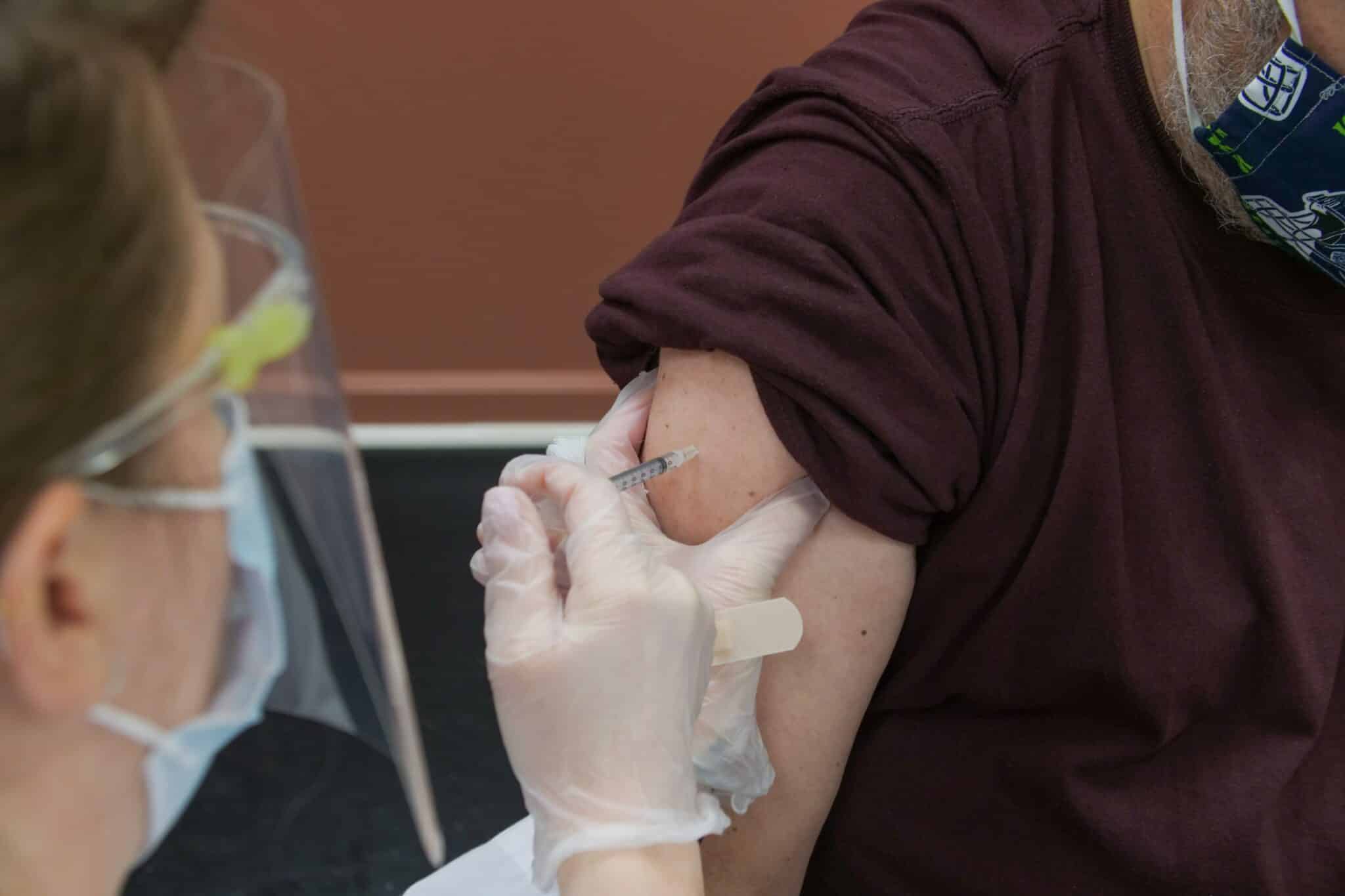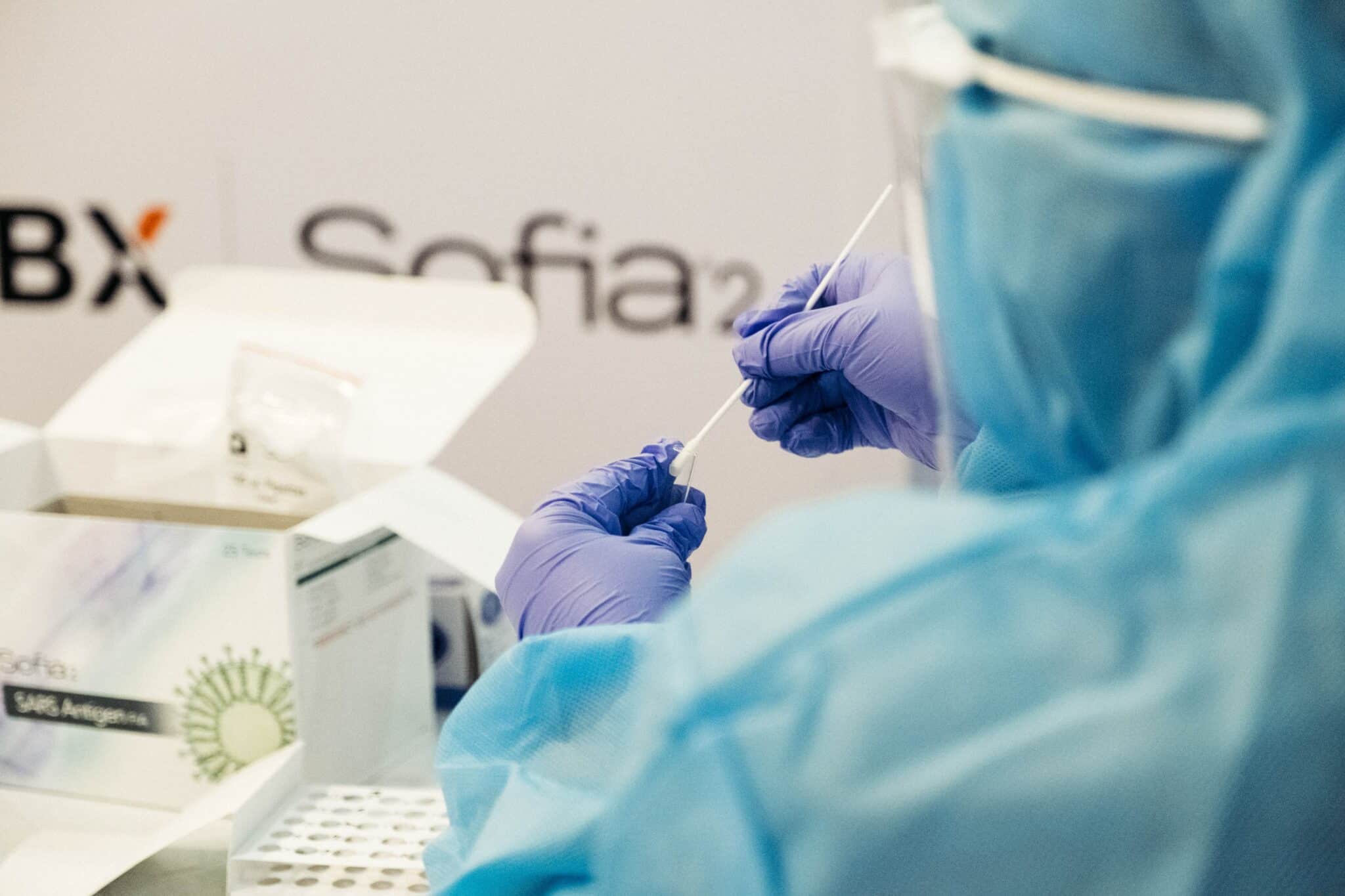Long Vax Syndrome: What You Need to Know

Many people have suffered from Long COVID, a set of symptoms shared by those who have been infected with COVID-19. However, there is a concerning new trend of post-vaccination symptoms that appears to be affecting the general population.
But is “Long Vax Syndrome” real? Given the relatively mild side-effects associated with most vaccines and the similarity of symptoms with Long COVID, this syndrome could be more of a concept than a concrete reality.
In this post, we will discuss what seems to be the symptoms of Long-Vax Syndrome and how it compares with Long COVID. Let’s dive in.
Long Vax Syndrome
It’s not uncommon to experience minor symptoms after receiving a vaccine, such as numbness around the injection area, rashes, or even a low-grade fever. However, the effects of Long Vax Syndrome seem to be more pronounced than usual.
Individuals affected by this syndrome primarily report two symptoms:
-
Postural Orthostatic Tachycardia Syndrome (POTS)
POTS is a condition characterized by a rapid increase in heart rate when transitioning from a seated or lying position to standing. While minor dizziness upon standing is common, experiencing it frequently may indicate POTS.
This sudden heart rate increase can lead to prolonged dizziness, fainting, brain fog, exhaustion, and chest discomfort.
POTS may be easy to dismiss at first but, without proper treatment to regulate blood pressure, it can persist.
This symptom can also be found in COVID and Long COVID, causing the general malaise associated with the disease.
-
Paresthesia
Paresthesia is a broad term encompassing abnormal skin sensations. The most common symptom is the “pins and needles” sensation experienced in a limb that hasn’t moved in a while. Those affected by Paresthesia after vaccination describe it as more intense than typical “pins and needles”.
Fortunately, this condition usually resolves on its own without the need for medical intervention.
Long Vax Syndrome vs Long COVID
Long COVID refers to COVID-19 symptoms that persist for more than the standard one to two weeks. It is a complex condition with a wide range of possible symptoms, making it challenging to distinguish which may be directly related to COVID-19. Respiratory problems, heart complications, and even diabetes may result from Long COVID.
POTS and paresthesia are among the many symptoms associated with Long COVID. Therefore, determining the validity of Long Vax Syndrome can be challenging.
If you want to learn more about Long COVID, you can check out our latest post.
The Experts Opinion
Experts acknowledge the possibility of post-vaccination symptoms that warrant investigation. Karl Lauterbach, head of Germany’s Ministry of Health, and cardiologist Harlan Krumholz at Yale University are among those advocating for further research into this condition.
There’s a leading theory among experts that suggests that Long-Vax Syndrome may be linked to an extreme immune response triggered by the protein introduced through the vaccine.
Typically, the body produces antibodies to strengthen your immune system after vaccination. But in some rare cases, there may be an autoimmune reaction. This means that the body’s own antibodies could attack a protein that regulates the heart rate and present in small fiber neurons, potentially explaining both POTS and paresthesia. However further research is needed to confirm this theory.
Key Takeaways
With COVID cases on the rise in the US, vaccination is still as important as it was in 2021. During the second half of September, COVID-19 related deaths increased by almost 20% and this trend is expected to continue. This is why the Center for Disease Control and Prevention (CDC) strongly encourages people to:
- Staying up to date with their vaccination schemes and booster shots.
- Promptly getting tested if you experience any COVID symptoms.
While there is a small chance for Long-Vax Syndrome to be real, the benefits of vaccination far outweigh its drawbacks. It’s essential to remain vigilant and not ignore symptoms.
Do you suspect you may have COVID? No matter where you are, find COVID testing locations near you with our international directory.



